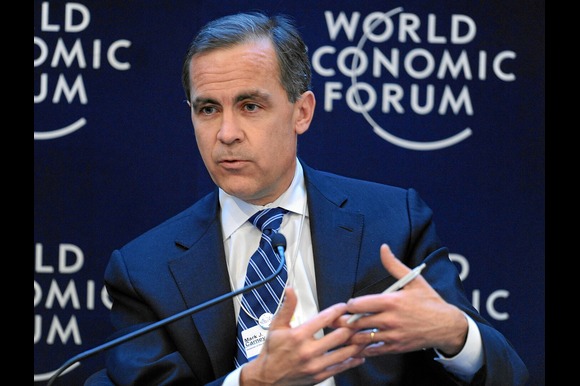Canada: Canadian Prime Minister Mark Carney has insisted his country will not accept an unfavourable trade agreement with the United States, with a 1 August deadline fast approaching before President Donald Trump begins implementing new tariffs.
“Our objective is not to reach a deal whatever it costs,” Carney told reporters in Ontario. “We are pursuing a deal that will be in the best interest of Canadians.”
If no agreement is reached by the deadline, US importers purchasing Canadian goods will face a steep 35% tax.
Canada and the US, long-standing close trading partners, are currently locked in a standoff following Trump’s return to the White House earlier this year, which ushered in a new wave of aggressive tariffs.
Trump claims the tariffs are designed to bolster American manufacturing and protect domestic jobs. However, the policy has rattled global markets and sparked concerns that US consumers could end up paying more for everyday goods.
Already, the US has imposed a blanket 25% tariff on several categories of Canadian imports, alongside a 50% tariff on Canadian aluminium and steel.
On Tuesday, Carney said he was considering further protective measures for key sectors such as aluminium and lumber. He hinted at the possibility of additional protectionist steps in response to the mounting economic strain caused by US tariffs.
The Canadian leader previously introduced countermeasures, including increased tariffs on steel imports into Canada.
“It will probably be the case in the next couple of months… we’ll see other needs for support for the sectors that have been the most affected,” Carney said during a meeting with provincial leaders.
Canada exports roughly 75% of its goods to the US. In addition to metals and lumber, major exports include oil, automobiles and parts, machinery, food products, and pharmaceuticals.
Data from the Office of the US Trade Representative shows that in 2024, the US exported nearly $350 billion worth of goods to Canada while importing over $412 billion from its northern neighbour.
President Trump has defended his sweeping tariffs on various countries and product categories by claiming the US has long been treated unfairly in global trade. He has also cited national security concerns and efforts to stem the flow of illegal fentanyl into the US as justifications.
However, US Customs and Border Protection data shows that only 0.2% of fentanyl seizures occur at the Canadian border, with the overwhelming majority confiscated at the US-Mexico border.
Despite implementing widespread tariffs, Trump has reached limited trade agreements with a few countries—including the UK, Japan, and Indonesia. These deals, however, have largely maintained higher tariff levels on several product categories.
On Tuesday, the White House also confirmed a new trade pact with the Philippines, which includes a 19% tariff on imports from the country. This rate is up from an initially proposed 17%, but lower than the 20% threatened by Trump in a recent letter.






